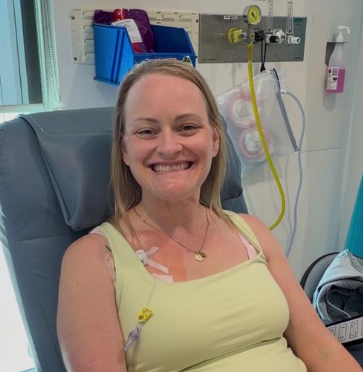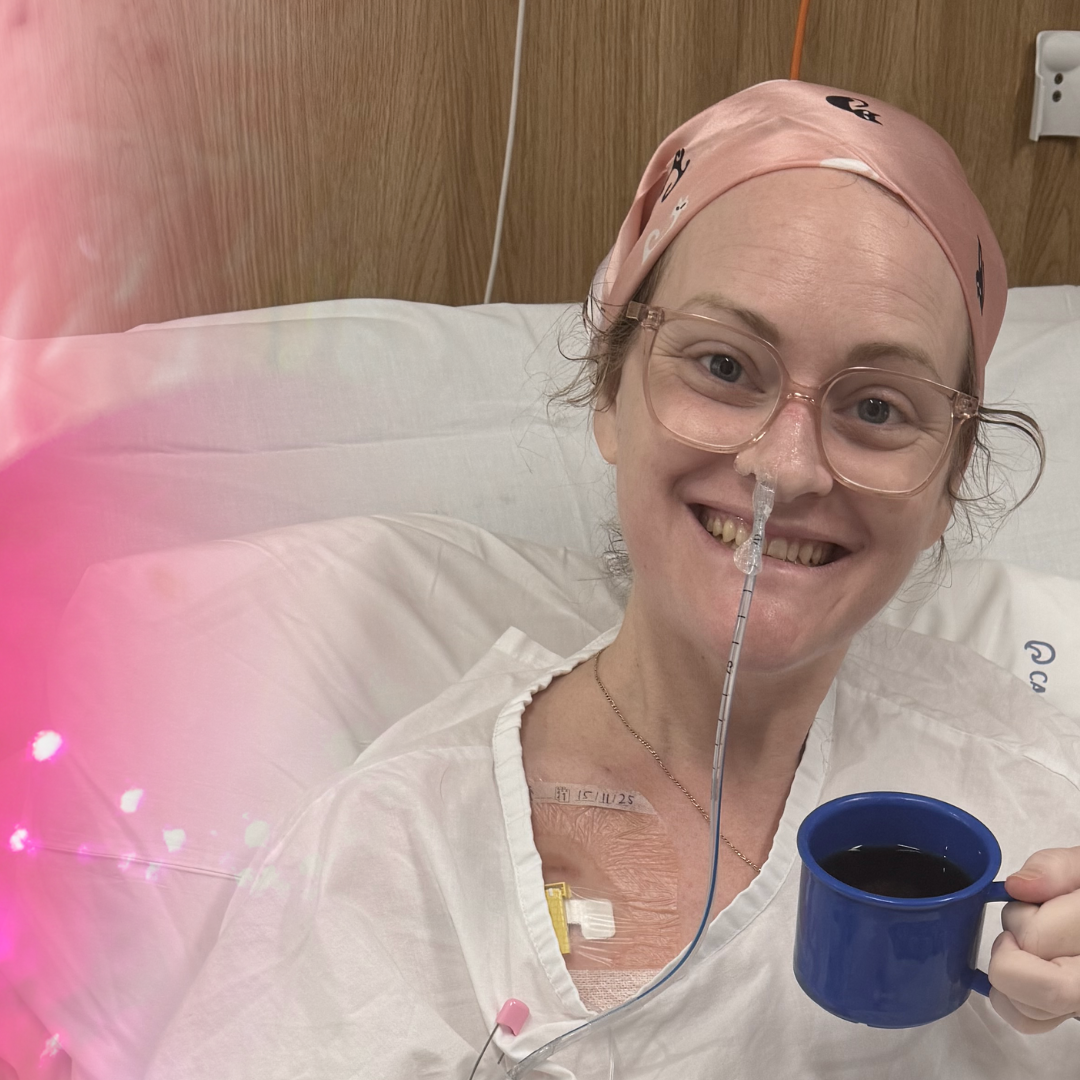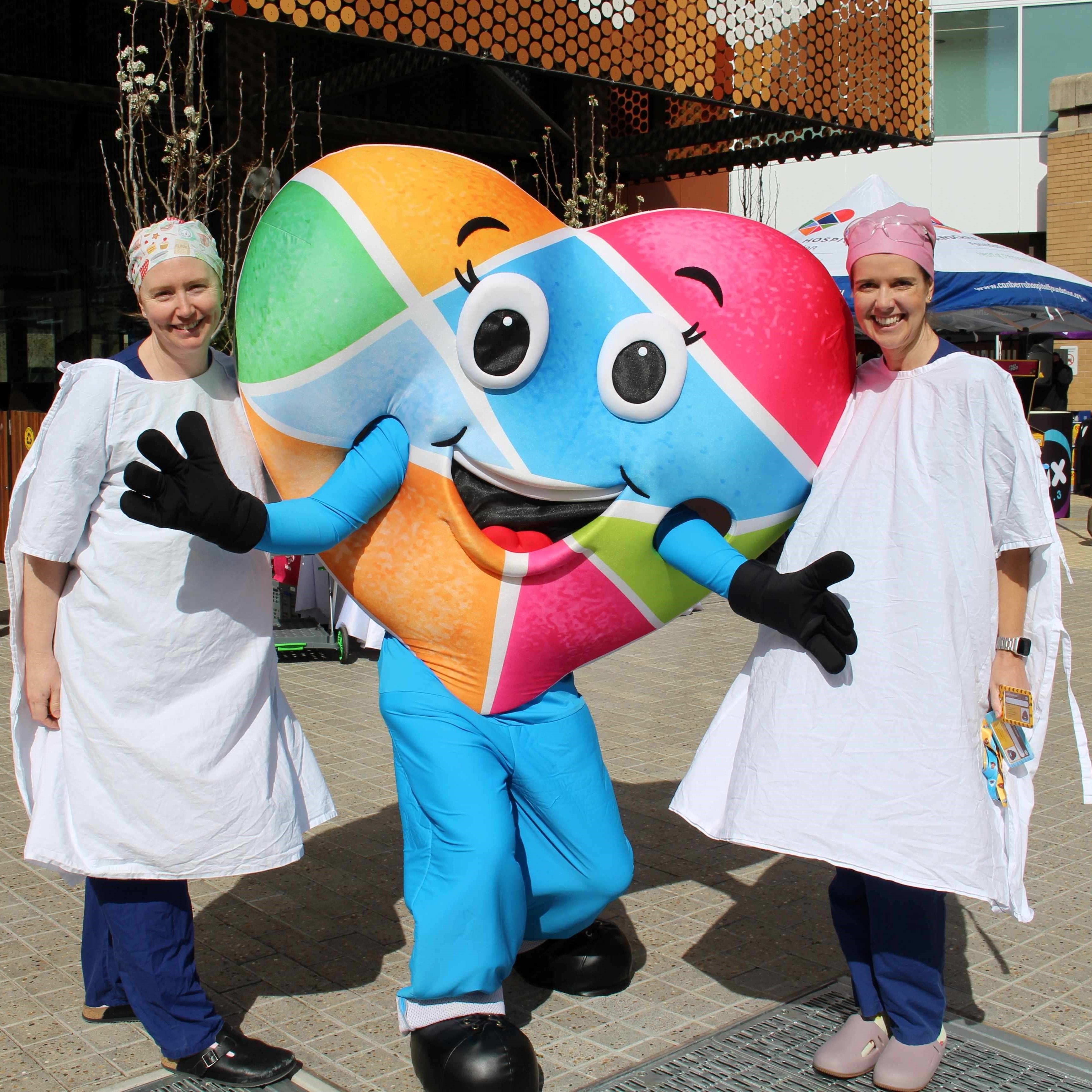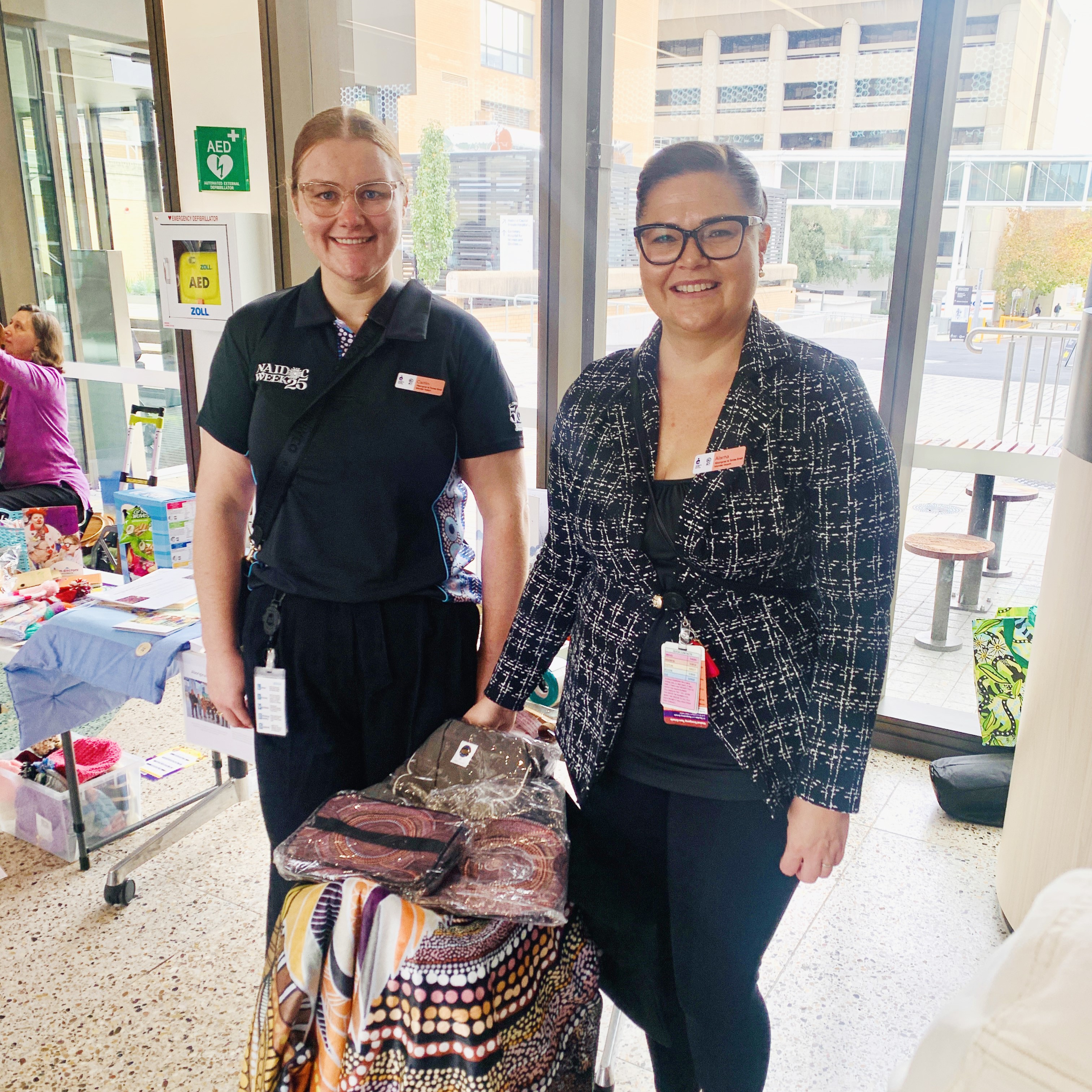Coming into hospital for elective surgery can be daunting. Uncertainty and nerves may be on your mind, perhaps concern about your recovery and surgical outcome. A program that offers reassurance, understanding and support can boost your confidence and enhance your experience. An internationally-renowned program is helping achieve this through a seemingly simple inclusion of a comfortable seat!
A comfortable recliner chair helps to encourage early mobilisation after surgery and is making a significant difference. A comfy seat is sometimes more than just a comfy seat!
The Enhanced Recovery After Surgery (ERAS) program aims to optimise a patient’s recovery after surgery by partnering with the patient to prepare for their operation, explaining each step of their stay at hospital, and enhancing the best possible care during and after their operation.
Through generous community donations, the Canberra Hospital Foundation has been able to fund three more recliner chairs for use by ERAS patients to encourage patients to get out of bed after surgery; an integral part of the program.
Program Coordinator, Kimberly McNeice, said that since starting in February 2021, the internationally renowned ERAS program has helped over 700 patients in three key surgical areas: colorectal surgery, elective caesarean birth, and hysterectomy.
Over 130 patients have undergone elective colorectal surgery under ERAS, and the mean difference between actual and predicted length of stay has decreased by nearly four days.
As Kimberly explained, having a comfortable place to rest is a good motivator to encourage post-operative patients to start moving, such as sitting out of bed in a chair.
Early mobilisation also decreases the risk of pneumonia, blood clots, and muscle weakness. Mobilisation that is commenced shortly after surgery is associated with a shorter stay in hospital. Patients can sit out of bed for longer durations when seated in a chair that is well-padded and being able to adjust positions more easily reduces the risk of pressure injury to their skin, helping to improve patient outcomes.
These recliners support a patient's hospital experience by enabling them to return to their usual level of mobility more quickly. This equipment also helps a patient to partner in their own care, by supporting their mobility and empowering them to reach daily goals in their recovery.
The provision of extra recliners on the wards for the ERAS program supports the evidence-based recommendations for early patient mobilisation after surgery.
The ERAS teams appreciate having new, functional, and comfortable recliner chairs to provide for patients. Recently a physiotherapist who was getting a patient out of the bed for the first time after surgery said, ‘It’s great to have a comfortable place to seat a patient after they’ve got out of bed and gone for a walk after surgery.’
Patients have reported feeling comfortable and appreciative to be out of bed.
“The recliner has been enthusiastically received by patients and staff on 10A and 5B. The recliner provides a comfortable and upright alternative to lying in bed and facilitate early postoperative mobilisation,” says Kimberly.
“The recliner is assisting the ERAS program with early mobilisation, and subsequent reduction in postoperative complications and length of stay in hospital.”
With plans to expand the ERAS program, patients will significantly benefit from more recliner chairs! With your support we can fund a range of equipment, like these recliners, as well as other programs, transformations and research. Ultimately we can help more patients. Please donate and your giving will continue to have a positive impact on the patient experience in 2023.


10A staff demonstrate the recliner chair used to encourage patients participating in the ERAS Program to mobilise and sit out of bed after surgery.















